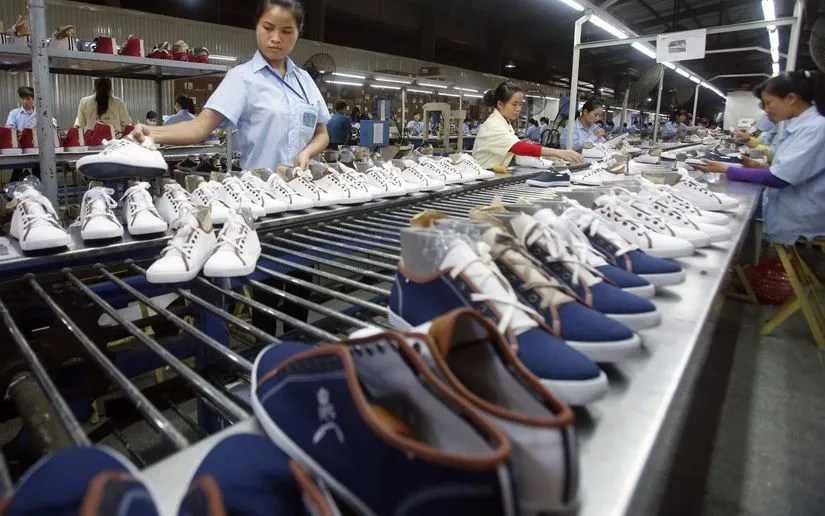
Europe is actively enacting strict bans and limits on PFAS in many products.
Difficulty in controlling chemicals in export
In the context of deep economic integration, the US and European Union (EU) markets are increasingly tightening regulations on chemical safety in imported products, especially with two groups of substances: PFAS (permanent chemicals) and mineral oil. These are prerequisites that Vietnamese export enterprises must face to maintain and expand market share in these demanding markets.
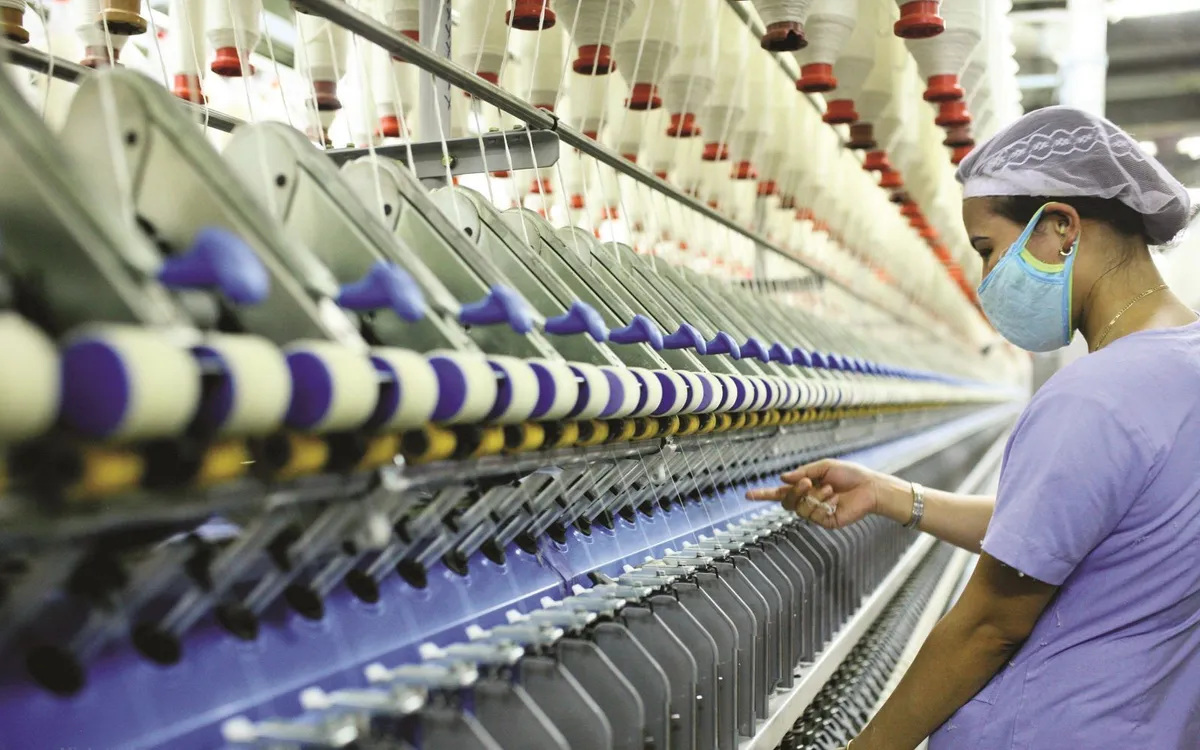
"Forever chemicals" are becoming a serious threat not only to consumer health but also to the global environment due to their difficult-to-decompose nature.
PFAS, also known as "forever chemicals", are becoming a serious threat not only to consumer health but also to the global environment due to their difficult-to-degrade properties and high bioaccumulation ability. Authorities in the United States say that up to 98% of the country's population currently has PFAS in their blood, and most tap water sources are also contaminated with this substance. In Europe, the chemicals PFOA, PFBS and PFHxA also appear in more than 80% of drinking water samples in the Czech Republic and exceed recommended levels in England and Wales. Faced with this situation, the United States and the EU are continuously developing laws to ban and tighten the management of PFAS, especially in textile products, food contact packaging and cosmetics.
At the seminar "Updating regulations on PFAS and Mineral Oil control standards for products exported to the US and EU markets" held in Ho Chi Minh City on the morning of September 26, Mr. Nguyen Quoc Dung, Technical Director of Eurofins CPT Vietnam Co., Ltd., said that PFAS control requires businesses to have a comprehensive strategy. PFAS testing is complicated and expensive because this group includes more than 12,000 different substances. The current effective testing method is based on the Fluorine (F) index to determine the presence of PFAS accurately and economically. A major difficulty is the risk of PFAS cross-contamination in production, due to the use of shared machinery such as dye baths and stretch forming machines; this causes shipments that are committed to not using PFAS to still be contaminated with chemicals.
To overcome this challenge, experts recommend that businesses need to specialize their production lines, set up separate areas and machines for products with and without PFAS, and combine strict cleaning procedures after each production. This is a solution that not only ensures compliance with the law but also enhances brand reputation in the international market.
Regarding mineral oil, especially MOAH (aromatic hydrocarbon), it has long been widely used in many industries, but now it has become a potential risk of causing cancer and affecting human genes if it is contaminated in food. Mr. Tran Phuong Huy, Head of the Laboratory of Eurofins Sac Ky Hai Dang Co., Ltd., said that mineral oil pollution can occur at all stages from the environment, harvesting, processing to packaging. Packaging materials made from recycled paper, printing ink, glue, and coating wax, which are commonly used, are the main sources of mineral oil pollution.
The EU is preparing to issue new regulations on MOAH content in food, expected to apply from 2027, along with separate regulations in Germany, the Netherlands, and France; in which France has completely banned mineral oil in packaging from 2022 and tightened printing ink by 2025.
In the United States, the FDA also sets its own limits for some food products. Therefore, businesses need to equip themselves with modern analytical systems, such as the On-line LC-GC-FID method that meets ISO 17025 standards, to control the maximum MOSH and MOAH content in the product. Choosing the right sample container also affects the accuracy of the analysis results.
How to overcome the barrier?
Faced with increasingly demanding and diverse requirements from major markets, Vietnamese export enterprises need to quickly change their mindset and reorganize production and quality control processes to comply with international standards.
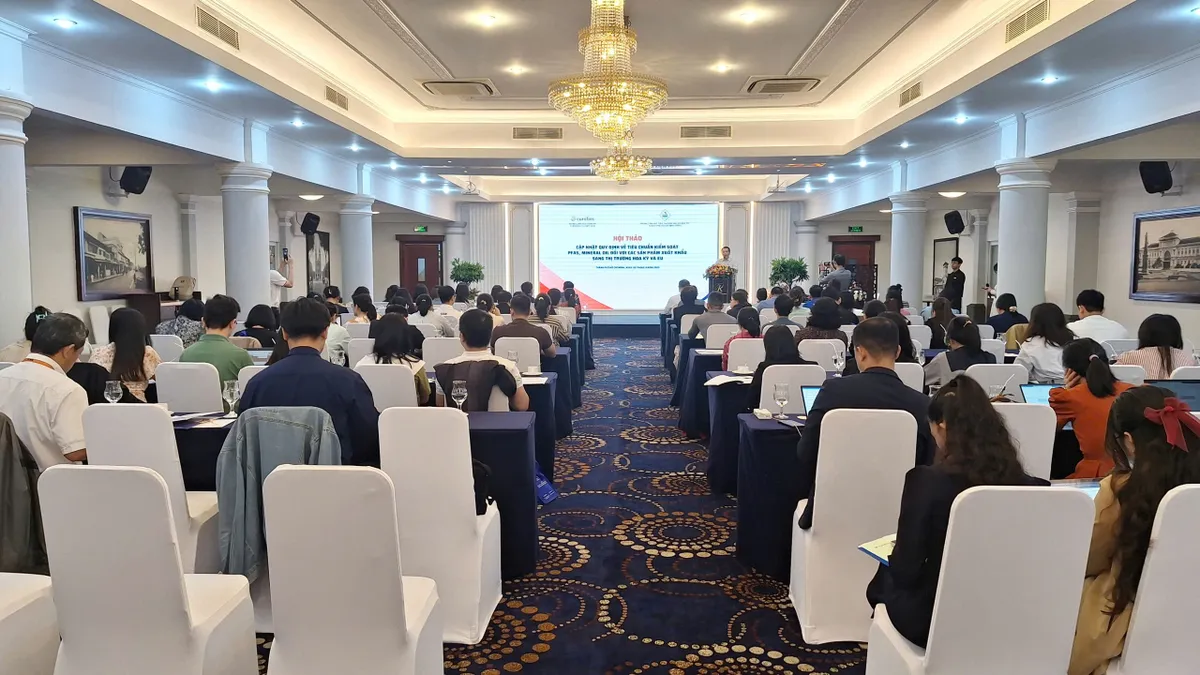
Many businesses are interested in the information "Updated regulations on PFAS and Mineral Oil control standards for products exported to the US and EU markets"
First, it is imperative to specialize the PFAS production line. This requires investment in separate facilities, from equipment, tools to cleaning processes, to effectively prevent cross-contamination. In addition, businesses need to regularly update their knowledge, clearly understand the properties and requirements of each type of chemical to properly apply it in testing and control.
Regarding mineral oil, applying modern analytical systems that meet international standards is a key measure. At the same time, businesses should also minimize the use of packaging materials made from recycled paper or containing ink or glue that can cause MOAH contamination, replacing them with safer materials to minimize the risk of warnings and product recalls.
Experts also note that, to ensure accurate analysis results, when sending samples for third-party testing, plastic packaging should be avoided and specialized glass or aluminum containers should be preferred.
Overcoming the barrier of permanent chemicals and mineral oils is not only a responsibility but also an opportunity for Vietnamese enterprises to make their mark on the global trade map. This is also an important turning point to protect consumers’ health and move towards a sustainable, environmentally friendly industry.
Source: https://vtv.vn/doi-mat-voi-rao-can-hoa-chat-doanh-nghiep-co-nguy-co-mat-thi-truong-xuat-khau-100250926153823141.htm




![[Photo] Binh Trieu 1 Bridge has been completed, raised by 1.1m, and will open to traffic at the end of November.](https://vphoto.vietnam.vn/thumb/1200x675/vietnam/resource/IMAGE/2025/10/2/a6549e2a3b5848a1ba76a1ded6141fae)



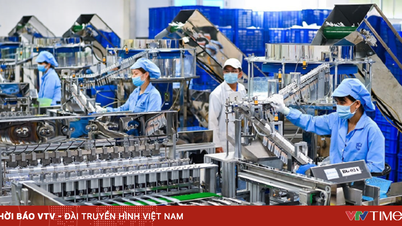
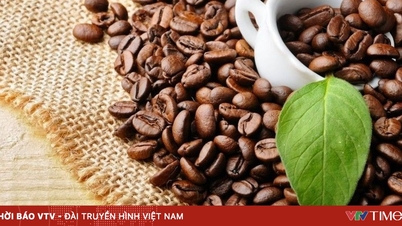
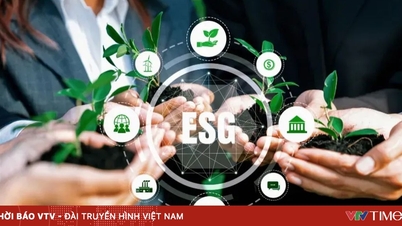
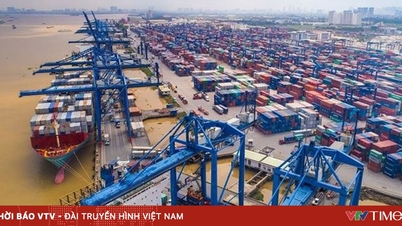
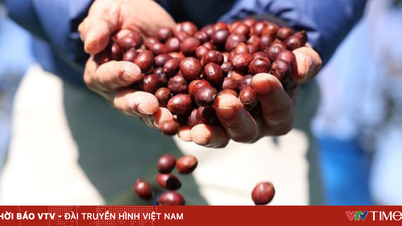
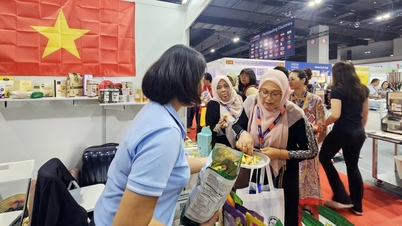



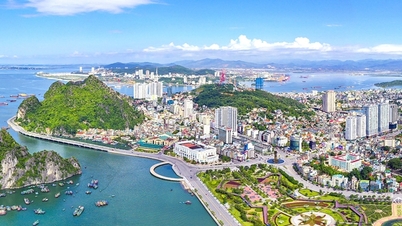
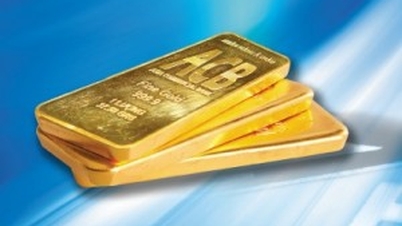

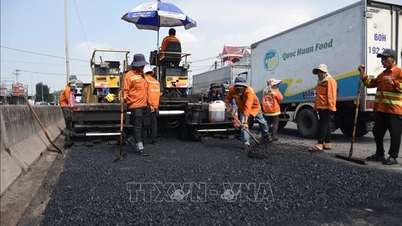
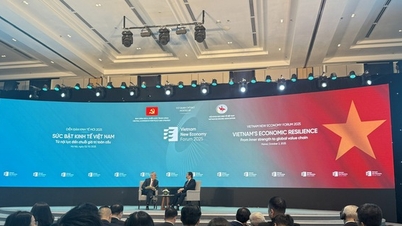
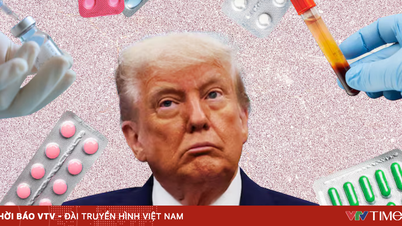




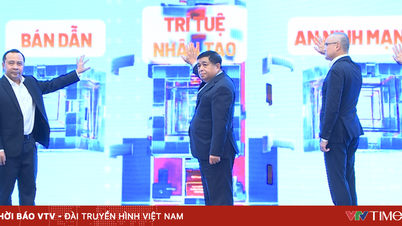
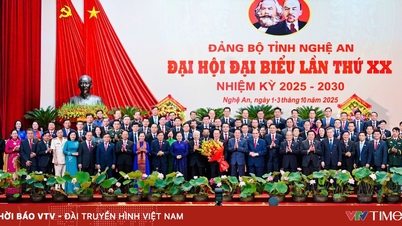


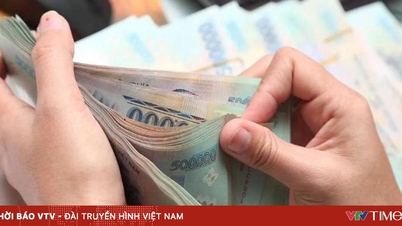
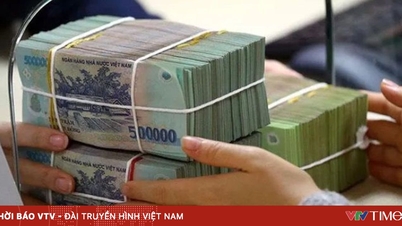












































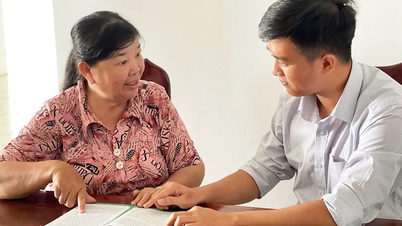



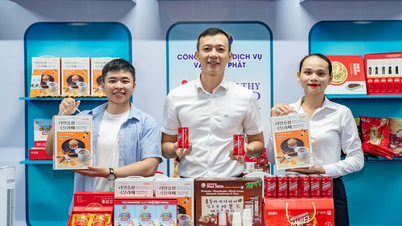

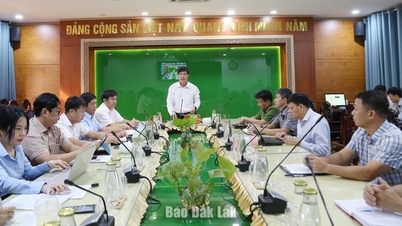

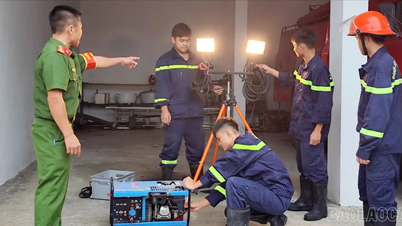

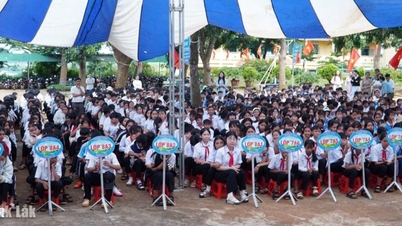












Comment (0)